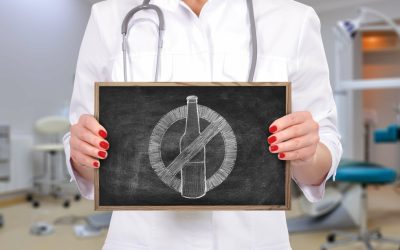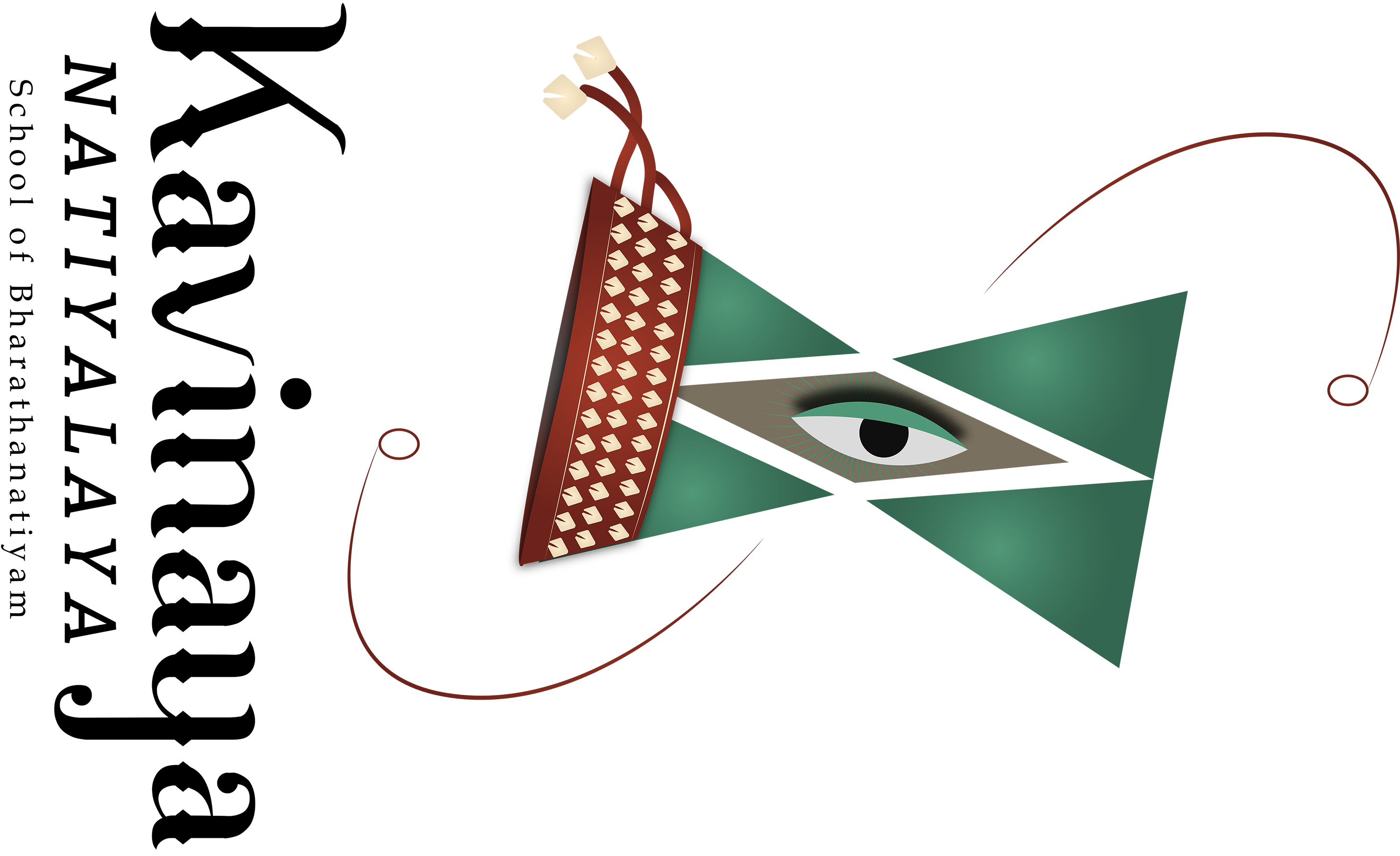It is recommended you increase your daily water consumption and avoid drinking alcohol before bed to prevent its dehydrating effects. In the short term, these alterations to our sleep pattern can lead to a restless second half of the night. In the long term, frequent disruptions to our natural sleep cycle may alter the homeostatic drive in a more permanent way. People who abuse alcohol long-term don’t seem to display the deep recovery sleep that most people show after sleep deprivation, suggesting that the homeostatic drive is no longer functioning as it should. People who consistently drink too much alcohol may eventually build up a tolerance to its initial sedative effects. Studies of chronic alcohol users have found that these individuals typically experience disrupted sleep patterns with less slow wave sleep and more REM sleep.
Improving Alcohol-Induced Sleep Disorder and Seeking Medical Help
Though alcohol may help you fall asleep faster, it can disrupt the important REM stage of your sleep cycle, leading to lack of sleep or sleep disorders like insomnia. Though alcohol can have a sedative effect, it has also been linked to sleep disorders like insomnia. If you’re having trouble falling or staying asleep, alcohol consumption could be a contributing factor. Because you’re more likely to wake up in those early stages of light sleep, you’re also more likely to experience a restless night’s sleep after drinking alcohol.6,7 This robs you of the full healthful benefits that come from a complete sleep cycle. In addition to its direct impact on sleep architecture, alcohol can also exacerbate underlying issues that contribute to insomnia, such as anxiety and depression.

Be Mindful of How Much You Drink
While some people may initially use alcohol as a way to relax and fall asleep faster, it can actually disrupt the natural sleep cycle and lead to fragmented, poor-quality sleep. For individuals alcohol and insomnia already experiencing sleep issues, such as insomnia or difficulty staying asleep, alcohol can exacerbate these problems by reducing the time spent in restorative REM sleep and interfering with the body’s natural circadian rhythm. Over time, regular alcohol consumption before bedtime can contribute to chronic sleep disturbances and impact overall health and well-being. It’s important to be mindful of how alcohol consumption may affect your sleep patterns and consider adopting healthier alternatives to promote better sleep quality. Sleep disturbances are extremely common in the early stages of recovery from alcohol dependence and may persist for several months despite continued abstinence.
Unfortunately, many attempt to use the sedative effects of alcohol to combat their insomnia through self-medication. Alcohol affects multiple neurotransmitter systems in the brain, including gamma-aminobutyric acid (GABA), which promotes relaxation and sleep, and glutamate, which stimulates brain activity and alertness. Chronic alcohol use suppresses natural GABA production while increasing glutamate activity to maintain balance. In this study, we used PASW SPSS Statistics ver. 18.0 (SPSS Inc., Chicago, IL, USA) for statistical analyses with significance level set at less than 0.05 for all Twelve-step program statistical operations.
Alcohol Abuse and Insomnia Disorder: Focus on a Group of Night and Day Workers
If you are struggling with addiction and co-occurring mental health, our expert team is here to guide you every step of the way. Don’t wait— reach out today to take the first step toward taking control of your life. When you sleep, your brain progresses through different stages and depths of sleeping. One of the most important stages of sleep is rapid-eye movement (REM) sleep.

While withdrawal insomnia can be challenging, most people experience significant improvement in sleep quality as their recovery progresses. Understanding what to expect and how to support long-term sleep health is crucial for sustained recovery success. Individuals with co-occurring depression, anxiety, or trauma-related disorders often experience more severe and prolonged sleep disturbances during alcohol withdrawal.
- Short (20-30 minute) naps early in the day can boost your energy in the afternoon without disrupting your nighttime sleep cycle.
- This molecule has sedative properties and reduces the time needed to fall asleep 91.
- Subsequent phases of data collection have alternated between postal questionnaire alone and postal questionnaire accompanied by a clinical examination.
- The disruption of your sleep stages can occur even with small amounts of alcohol.
Timeline of Sleep Problems During Withdrawal

Older men who consume alcohol are more likely to have a worse sleep profile, characterized by waking tired and waking several times during the night. The link between alcohol consumption and sleep impairment is especially prominent among older adults. Researchers discourage older adults — particularly men — from using alcohol as a sleep aid. During the final hours of sleep when alcohol is metabolized by the body, it can have a disruptive effect on sleep, causing frequent waking and fragmented sleep. Alcohol use can impact the quality of your sleep, and research confirms there’s a link between alcohol use and insomnia.
These sleep disturbances can be particularly frustrating because they occur when the body desperately needs rest to heal and recover from the effects of alcohol use. The lack of quality sleep can intensify other withdrawal symptoms and make the overall recovery process more challenging. Our finding that those who have trouble falling asleep were more likely to be persistent heavy drinking suggests that they may be using alcohol as a sedative. The Whitehall II participants were asked about reasons for change in drinking over the last 10 years and an increase in consumption was cited as a means to help get to sleep was by 6% of men and 5% of women21. In a recent cross-sectional population study of 187,950 adults in the United States short sleep prevalence was higher among adults who consumed any alcohol compared with those who never consume alcohol18. Our findings contrast with this study in that we did not find strong association between drinking and sleep duration.
The brain adapts to the presence of alcohol by adjusting neurotransmitter production and receptor sensitivity. Over time, the sleep-inducing effects of alcohol become less pronounced, requiring larger amounts to achieve the same sedative effect. Participants were https://edupress.madaris.id/edupress/how-drug-addiction-affects-the-brain-and-body-2/ asked to report the number of alcoholic drinks they had consumed in the last 7 days.
General Health
These activities are then propagated to other brain regions via signaling systems. Insomnia results from a mismatch involving persistent activity in wake-promoting structures during NREM sleep, leading to simultaneous sleep and wake activity along with psychophysiological arousal (Buysse et al., 2011). From a clinical perspective, insomnia occurs in vulnerable patients with predisposing factors, such as having a family history of AD or certain genetic traits.

